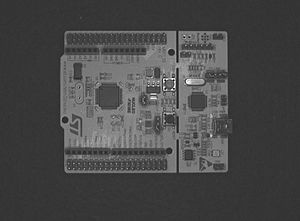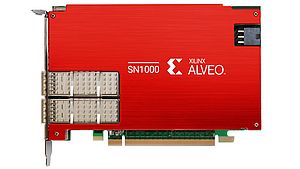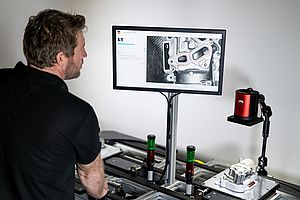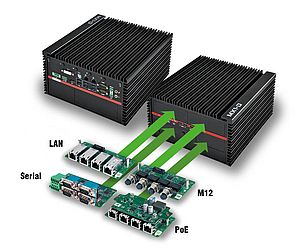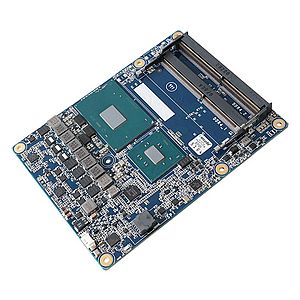The Capgemini Research Institute released a report titled "Scaling AI in Manufacturing Operations: Practictioners' Perspective", that details the current state-of-the-art of the adoption of Artificial Intelligence (AI) in the manufacturing sector. 300 leading global manufacturers in the automotive, industrial manufacturing, consumer products, and aerospace and defense sectors were analyzed and 30 senior industry executives involved in AI projects were interviewed. The main findings are as follows:
Facts and figures
Europe reasserts its innovativeness and ability to think forward: in fact, 51% of its top manufacturers currently implement AI projects. This rate is even higher in Germany, where 69% of manufacturers utilize AI applications. Japan follows Europe with a 30% AI adoption rate for its leading manufacturers, narrowly followed by the USA (28%), while China reports the lowest rate of AI implementation, ranging around only 11%.
AI in the value chain
The implementation of AI shows clear added value and benefits throughout the entire value chain.
Out of the 22 use cases analyzed, three were identified as the best use cases and as the possible starting points for other organizations to implement AI projects: intelligent maintenance, product quality inspection, and demand planning.
For example, General Motors uses a computer vision system to detect component failure and prevent downtime, Bridgestone performs tire quality control through AI, which resulted in a 15% improvement over traditional methods, while Danone was able to use machine learning to predict demand, reducing the loss of sales by 30%.
These applications are particularly suitable as they are relatively easy to implement as both relevant data and AI know-how and/or standardized solutions are already available. Furthermore, all the three cases would improve the visibility and the explainability of the processes, which would facilitate AI adoption by the operational teams and foster a systematic mindset shift towards AI in the plant and across the workforce.
Scaling AI adoption
While successful AI implementation in manufacturing depends on several factors, the most important factor according to the report is the successful deployment of AI prototypes in live engineering environments, including the automation of the collection of real-time data and the prototypes’ integration with legacy IT and IIoT systems.
It is also important for manufacturers to design a data governance framework and establish a central data & AI platform to store and analyze data using AI, making it thus available for issue-specific AI applications. This will also contribute to the development of AI, data science and data engineering expertise directly related to manufacturing applications. After this foundational step, AI applications can be effectively implemented and shared across the entire manufacturing network, including multiple sites and factories.
Read the full report here.












